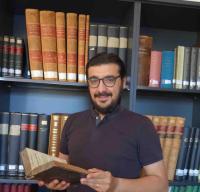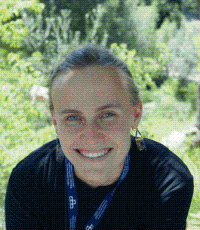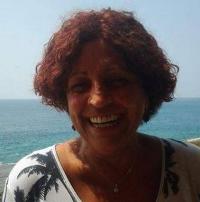On 17 October 2024, I had the pleasure and privilege of delivering the opening lecture of the monthly seminar “Manuscrits et textes coptes”, held in Paris (but accessible via Zoom) and co-organized by the Institut de Recherche et d’Histoire des Textes (a research unit of the French CNRS), the Association Francophone de Coptologie, and the Institut Protestant de Théologie. Being at the end of my postdoctoral project at the Göttingen Academy of Sciences and Humanities in Lower Saxony, I found it fit to present an overview of the said project. My lecture was titled: “Les manuscrits coptes des épîtres pauliniennes”.
Most conferences limit the speaking time from 20 to 30 minutes per speaker, questions included (excluding plenary lectures). By contrast, the session at which I spoke could last up to 2 hours all included. Thus, I was able to delve into many issues including digital tools (including the renowned Virtual Manuscript Room), codicology, palaeography, and provenance. Additionally, I regularly asked the participants to intervene and share their insights.
The lecture comprised five parts. To begin with, I introduced the GALaCSy project, the team members, the project’s goals, and the digital tools we used — tools whose possibilities are not always known to Coptologists. Thereafter, I gave an overview of Sahidic manuscripts of the Pauline Epistles. Then, I did likewise with manuscripts of the Pauline Epistles in other dialects, more precisely, in Lycopolitan and Mesokemic. Nathalie Bosson kindly intervened to present the findings of her doctoral dissertation on the Mesokemic manuscript mae 4. After that, I addressed the Sahidic manuscript sa 491, a fragmentary but potentially very ancient witness of the Pauline epistles. Since sa 491 has no known provenance, this was an opportunity to discuss whether, more generally, scholars should study and publish manuscripts of uncertain provenance and/or archaeological provenience. In the last minutes of the allotted time, I provided a brief assessment of the project’s results.
I warmly thank Anne Boud’hors, Korshi Dosoo, Catherine Louis, Laurent Pinchard, and Anna van der Kerchove for making this event possible. The next session (on 28 November 2024) will be conducted by Loreleï Vanderheyden and will focus on the theme “Textes en copte d’Aphrodité à Heidelberg? Identification et édition de nouveaux fragments”.
 Blogs
Blogs  Recent Bloggers
Recent Bloggers 




